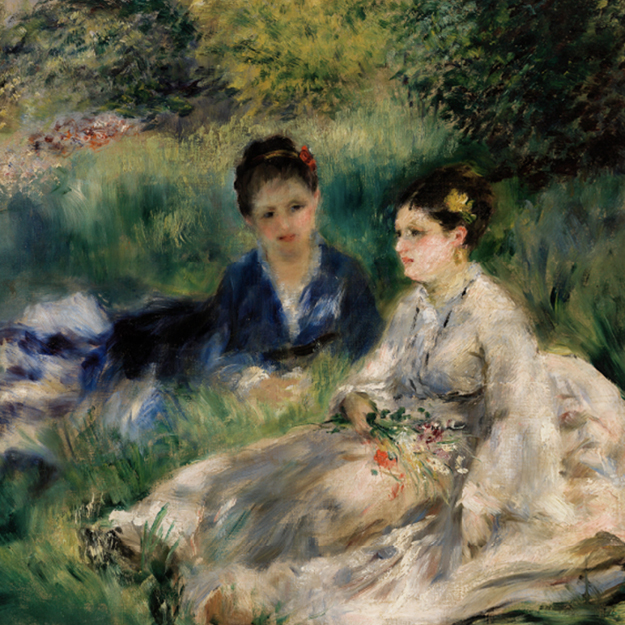“The smallest act of kindness is worth more than the grandest intention.” – Oscar Wilde
We hear and read so much about loneliness today after two years in the pandemic’s ghetto laughingly called a bubble. But the more I read about the medical community’s description of the physical toll loneliness takes, the less I understand why we’ve never worked out how to counter its ravages in our communities. I well remember with a heated face of shame telling my mother after my father died that people didn’t perish of loneliness. What did I know? I knew about isolation, both self-imposed and environmental, but that’s not the same.
I suppose it has to do with the cult of the individual, which I understand and even champion myself, wanting every human being’s uniqueness to be fully encouraged and appreciated. But I also recognize the value in the alternative ways to plan a community of caring, supportive social beings. Many articles in the NY Times explore those possibilities, and one can’t but recognize the value in the different systems suggested to alleviate the pain of loneliness at many different ages and stages of living. But I’d suggest that while planning and structure is important, a more basic change in our society is even more essential. It may be too late for us, but not for our children to learn what community is and to understand and practice the art of civility in its fullest sense; much deeper than simple politeness, it starts out as full training in the humanities with an emphasis eventually on the role of citizenship. And a citizen has much broader responsibilities than simply upholding the laws of the community. Full participation as a member of the society is the main decree of social obligation.
So that brings us full circle, to the eradication of loneliness, or at the very least the lessening of its negative effects on our health and happiness. In my latest book due out next spring, I’ve been exploring the power of loyalty with my protagonist, Emily Alden. She finds the weeds are thick and the going almost impossible at times (you’ll have to read ‘Tried as Silver’ yourself to share that dilemma with her), but the issue of responsibility and commitment to one’s community looms very large, reminding us of the lack of care for others we experience today when loneliness is most prevalent and debilitating. The marginalization of those ‘not like us’ also rears its head, prompting us to remember life on this planet forms the biggest society of all.
My protagonist’s impasse comes at a crossroad for her, asking when it’s essential for the community to close ranks and protect itself. Within the answer lies the real safeguard against loneliness because the health of the group is the assurance of connection and protection for everyone. Whether or not she understands that is up to her friends, family, and to you. I look forward to hearing your opinion. And don’t forget to review this next book (and any of its predecessors) on Amazon. Good bad or indifferent, they need to know people are reading them.

